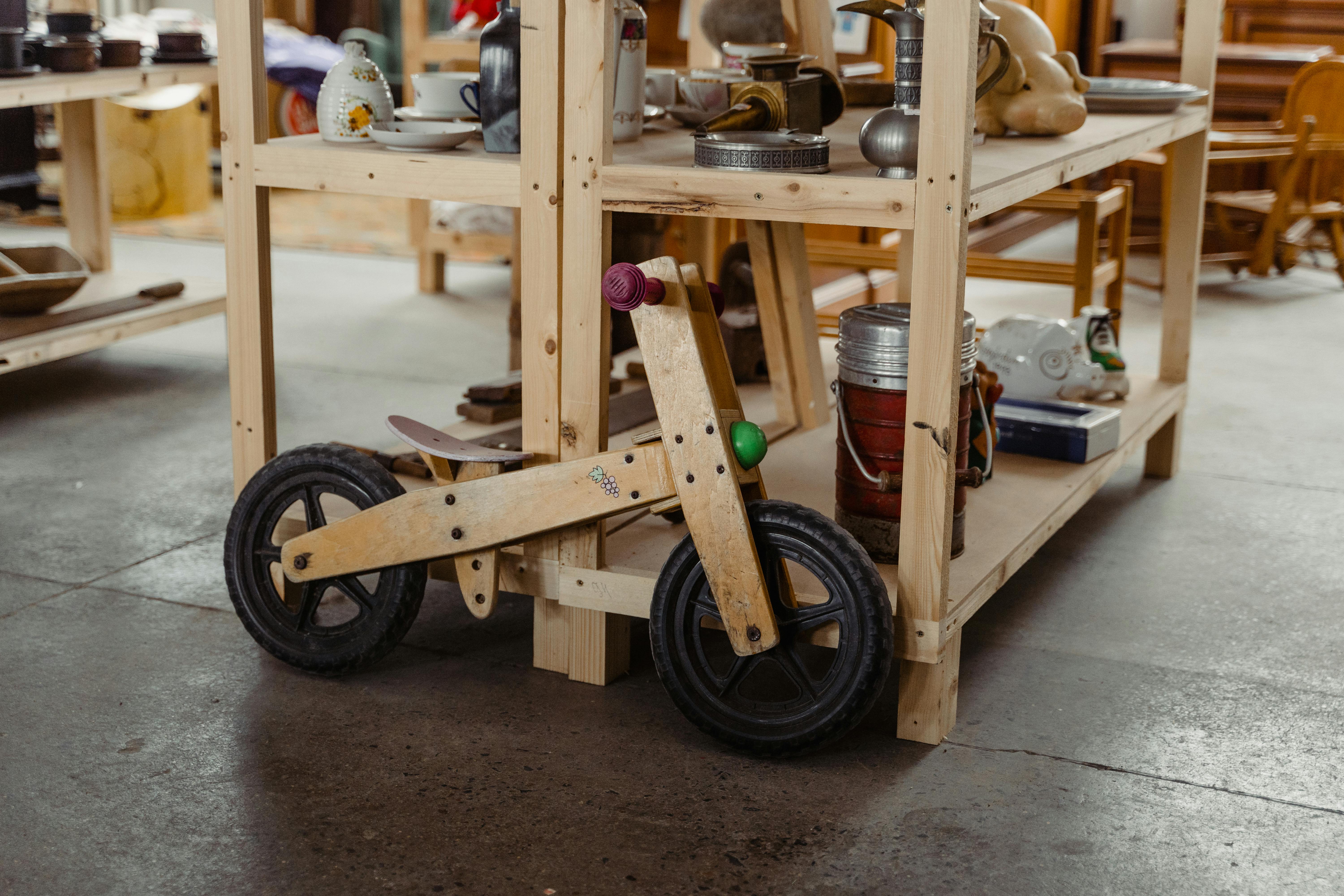In 2024, minimalist living has become more than just a trend—it's a lifestyle choice that is reshaping consumer habits across the United States. With people increasingly prioritizing simplicity, sustainability, and intentionality in their purchases, the minimalist movement has led to a surge in secondhand shopping. This shift reflects a broader cultural change, where individuals seek to reduce clutter, avoid excessive consumption, and make more responsible decisions about what they buy and own. As a result, the resale market is booming, with more people turning to platforms like ThredUp, Poshmark, and Depop to buy and sell pre-owned items.
Embracing Sustainability in the Secondhand Market
One of the most significant keywords driving the secondhand market is sustainability. As eco-conscious consumers become more aware of the environmental impact of fast fashion and mass production, they are turning to sustainable alternatives, such as buying secondhand items. The demand for eco-friendly products has surged, with platforms like ThredUp and Poshmark playing a pivotal role in making pre-owned goods more accessible and appealing. According to a recent report by Qalara, the secondhand market is growing rapidly, with used fashion and furniture becoming the preferred choices for those who want to reduce their carbon footprint. This shift is not just about saving money—it's about making responsible decisions that support the planet.
Intentional Consumption: A Core Principle of Minimalist Living
Intentional consumption is a fundamental aspect of minimalist living, focusing on mindful purchasing decisions that prioritize quality over quantity. This approach encourages individuals to think carefully about what they buy, ensuring that each item serves a purpose and aligns with their values. As a reseller, this principle can be a powerful tool to attract buyers who are looking for meaningful, well-considered products. In an era where fast fashion and mass-produced goods are increasingly scrutinized, intentional consumption resonates with a growing number of consumers who seek value and longevity in their purchases.
The Appeal of Unique or Distinctive Pieces in the Secondhand Market
In the world of minimalist living, the concept of unique or distinctive pieces can be a powerful keyword to enhance your secondhand sales in 2025. Minimalist consumers are often drawn to items that stand out and reflect individuality, rather than mass-produced goods that blend into the crowd. This preference for one-of-a-kind or highly distinctive items creates a unique opportunity for resellers who can curate their inventory to highlight the rare and the remarkable. Whether it's a vintage designer bag, a handcrafted piece of furniture, or an antique teacup, these items offer a level of personal expression that aligns seamlessly with the minimalist ethos.
Financial Freedom Through Secondhand Sales
Financial freedom is another critical keyword that resonates deeply with the minimalist movement. In an era where budget constraints and economic uncertainty are prevalent, consumers are seeking ways to save money without compromising on quality or style. Reselling secondhand items offers a practical solution to this need, allowing both buyers and sellers to benefit from lower costs while maintaining the value of their purchases. For sellers, this means maximizing their income by selling items they no longer need, often at a profit. For buyers, it’s an opportunity to access high-quality goods at a fraction of the original price.
Decluttering and the Resale Boom
Decluttering has become a central theme in the minimalist movement, encouraging individuals to simplify their lives by getting rid of unnecessary belongings. This shift in mindset is closely linked to the secondhand market, as consumers are increasingly turning to resale platforms to offload items and replace them with more meaningful and essential possessions. The process of decluttering not only clears physical space but also fosters a sense of mental simplicity, aligning with the core values of minimalist living. As reported in an article from Qalara, the rise of secondhand shopping has been driven in part by this desire for a clutter-free lifestyle.
Circular Economy and the Resale Market
The circular economy is a key concept in the secondhand market, emphasizing sustainable consumption by keeping products in use for as long as possible. Unlike the traditional linear economy, where goods are produced, used, and then discarded, the circular economy encourages reuse, repair, and recycling—making it a perfect fit for minimalist living. This model reduces waste and resource depletion, aligning with the growing demand for environmentally responsible buying and selling practices. As a reseller, embracing the circular economy can help you attract customers who are committed to sustainability and long-term value.
Consumer Awareness and the Growing Demand for Mindful Purchases
Consumer awareness is playing a pivotal role in the secondhand market, as more buyers are prioritizing ethical and sustainable shopping practices. With increasing access to information, people are becoming more conscious of the impact of their purchases, leading them to seek out products that align with their values. This heightened awareness is particularly noticeable among younger generations, who are more likely to support brands and sellers that promote responsible consumption and transparency. For resellers, this means that emphasizing the ethical and environmental aspects of your secondhand items can significantly boost sales and attract a more conscious audience.
Conclusion: Leveraging Minimalist Living Keywords for Secondhand Success
Understanding and incorporating the seven keywords—sustainability, intentional consumption, unique or distinctive pieces, financial freedom, decluttering, circular economy, and consumer awareness—can significantly boost your secondhand sales in 2025. Each of these factors reflects the growing interest in eco-conscious and mindful purchasing, making it easier to connect with buyers who align with minimalist values. As more people seek to live sustainably, avoid excess, and make thoughtful choices, your ability to highlight these principles can set your products apart in a competitive market. By emphasizing the environmental benefits of your secondhand items, showcasing their uniqueness, and positioning them as cost-effective and meaningful purchases, you can tap into this shift and grow your business.



